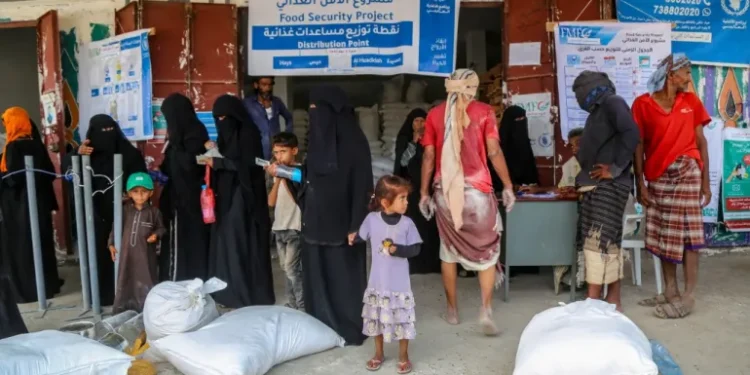The ongoing energy transition, although an increased threat for fossil fuels, provides great opportunity for the metals industry.
Market forecasts have thrown the spotlight on an increase in demand for metals as a result of the corresponding rise in investment towards clean energy technologies over the coming years.
This has created an unambiguous pathway for countries, especially developing economies endowed with such resources to tap into almost unexploited reserves of these resources at their disposal.
Ghana, having relied quite hugely on a few of its minerals and metals resources (gold, bauxite, manganese), now has the opportunity to diversify away from just a few of these resources to rope in other relevant metals resources as potential revenue earners.
By leveraging on the growing trend in clean energy technologies, the government can boost investment in the metals industry to accelerate economic growth.
The upsurge in demand of metals has seen prices rise to record levels this year, and according to analysts, this high price rally is expected to incentivize countries with large deposits of these resources to develop new projects and for miners to consider untapped reserves of these minerals and metals.
Opportunities for Metals has become vast due to COP26 outcome
Coming out of COP26, new commitments made by countries indicate that the world is heading closer to around 2 degrees Celsius of global heating. Meanwhile, compared to 2014, before the 2015 Paris Agreement was adopted, the world was heading towards 4 degrees Celsius of global heating.
With commitments made by countries to accelerate the drive towards clean or green energy technologies (wind, solar, energy storage batteries, etc) to reach the 1.5 degree Celsius limit by mid-century, investment in metals needed for developing these technologies would be elevated compared to previous years.
Riccardo Puliti, Senior Director and Head of the Energy and Extractive Industries Global Practice at the World Bank is cited to have said that:
“Countries with capacity and infrastructure to supply the minerals and metals required for cleaner technologies have a unique opportunity to grow their economies if they develop their mining sectors in a sustainable way.”
Riccardo Puliti, Senior Director and Head of Extractives and Energy, World Bank
According to a 2017 report by the World Bank, minerals and metals expected to see heightened demand include: aluminum, copper, lead, lithium, manganese, nickel, silver, steel, and zinc and rare earth minerals such as indium, molybdenum, and neodymium.
Countries such as Botswana which a few years earlier had an idle copper sector, and only dwelt on its diamond reserves, now sees promising signs of a revival of its copper mining sector, with new projects underway.
With such promising stories beginning to surface across the continent, Ghana must not ‘sleepwalk’ into owning stranded assets when these huge opportunities exist and are temporal.
For the last couple of years, Ghana has become a huge importer of some of these metal resources which the country has at its disposal. This trend can be changed if the government makes a concerted effort to revamp the metals industry.
The recent agreement between IronRidge Resources and Piedmont Lithium to fully fund and fast track the Ewoyaa Lithium project to production presents a very good opportunity for the country. The project is expected to generate more than $1.55 billion, with significant potential to extend life-of-mine and has a capacity of 2.0 million metric tonnes per annum.
With the proliferation of electric cars around the world, this creates ready demand for lithium which is used to manufacture batteries for these cars, thus making this venture useful and profitable in the long term.
Other existing metal resources which are largely unexploited such as iron ore, copper, nickel among others can be harnessed to yield huge returns to the country.
The time is ripe for the government to be intentional about engaging potential investors for the extraction and development of these metal resources and be actively involved in their production.
READ ALSO: The law is a living organism- Inusah Fuseini on Parliament’s contempt powers























